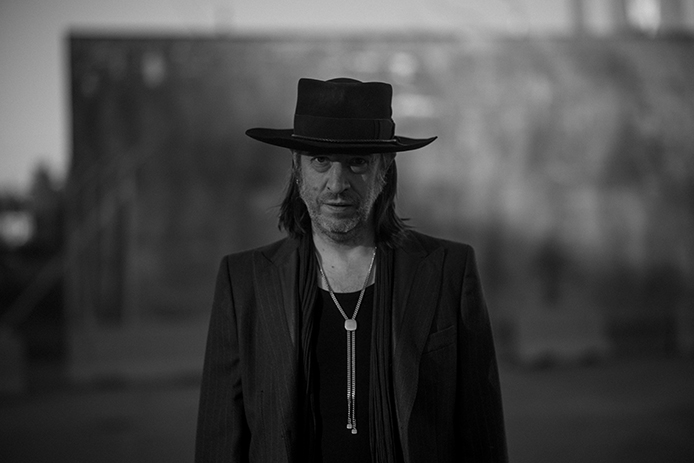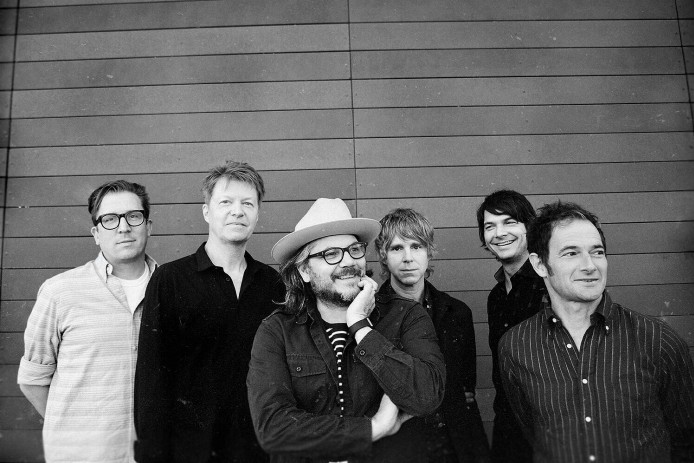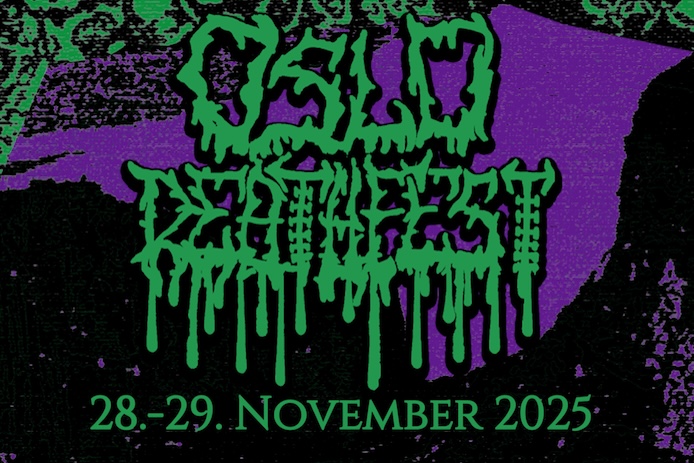Bombino har annonsert sitt tredje album, 'Azel'. Albumet er produsert av Dirty Projectors' Dave Longstreth og ble spilt inn over en ti-dagers periode sammen med bandet i Applehead Studios; en låve konvertert til studio i Woodstock, New York. Tidligere i år delte Bombino en video for albumlåten "Inar", som ble filmet i studio under innspilling. Se videoen under. Omara "Bombino" Moctar er en internasjonalt anerkjent Tuareg gitarist og singer/songwriter fra Agadez, Niger. Musikken hans dreier seg ofte om Tuareg geopolitiske bekymringer og synges på Tuareg språket Tamasheq.
Den 28. mai spiller Bombino konsert på Cosmopolite i Oslo, og den 31. mai spiller de på Lille Ole Bull i Bergen.
Longstreth sier dette om innspillingen: "I finally met Bombino last fall, walking into the sprawling barn studio in upstate New York where we'd record Bombino's third studio album, Azel. There he was, relaxing on the couch, conversing in Tamasheq with his bandmates behind a barely perceptible smile. He was wearing a blue bubu, the traditional Tuareg formal attire, and bobbing his head along to the playback from studio's stately Genelecs. Though he speaks Tamasheq, Arabic and French, he rarely speaks at all. Instead, he plays the guitar.
And play, by Jove, he does. Bombino rarely does more than one or two takes, because he doesn't need to. I've seen him lay down a six-minute acoustic improvisation, and then double-track it instantly and flawlessly, with no punches. His playing is effortless, endless. His playing is technical - virtuoso is the right word - but the technique isn't what you notice about it: what you notice is the feeling, and the tone. It feels punk that way."
Det forrige albumet til Bombino, 'Nomad', ble produsert av Black Keys' Dan Auerbach. I et intervju med Rolling Stone, snakket Bombino om hvordan det var å jobbe med Longstreth i forhold til Auerbach:
"I would say was more relaxed than working with Dan. Dan had a clear idea of what he wanted right away and he would direct us this way and that way until we had recorded what he already had in his head. With Dave he was very happy to be patient, and listen to what we were playing, without pushing us one way or another, and then slowly, over the course of days, would begin to shape things the way he wanted.
I was very happy about the way Dave worked, because to work with Tuareg music and musicians can be very complicated. We are not like American musicians in many ways. Our skills and our knowledge are very different from Western musicians. And of course, our language and our culture is also very different. So this can be a big challenge, but Dave handled himself very gracefully. He would hang out with us, eat dinner with us and joke around. We had a lot of fun together. Really, it was a beautiful time."
Norgesaktuelle Bombino slipper nytt album
Azel slippes 1. april, sjekk ut videoen til Akhar Zaman

FLERE NYHETER
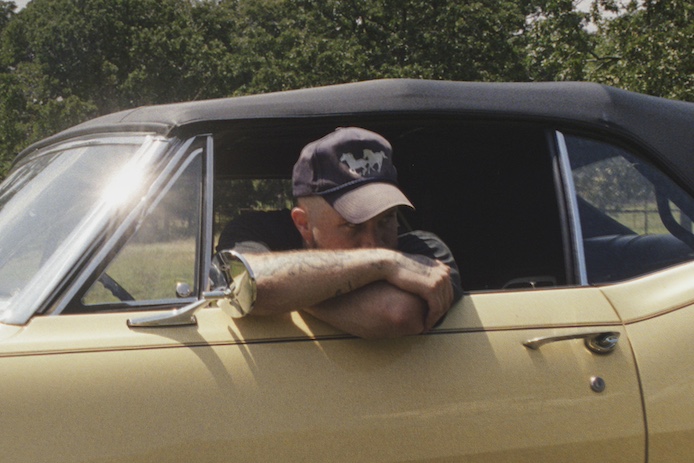
Til Norge for første gang!
Superstjernen kommer til Norge i juni!
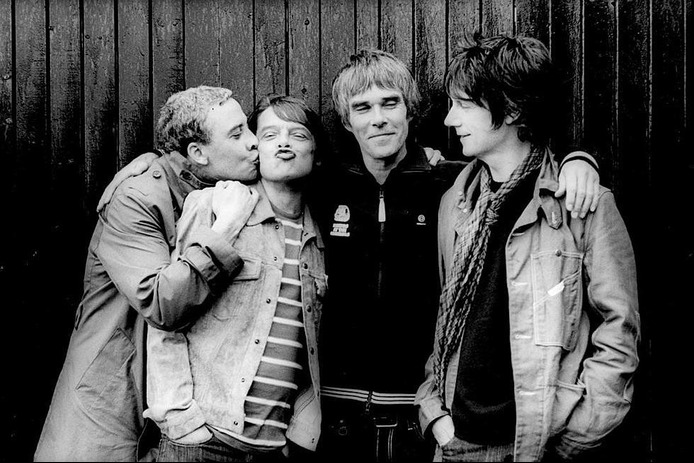
Gary «Mani» Mounfield er død
Stone Roses-bassisten ble 63 år gammel
Flere store navn til Piknik i Parken
Uvanlig høy konsentrasjon av legender i Sofienbergparken i sommer >>
Oslo Deathfest 28. og 29. november
Den stygge og brutale musikken feirar seg sjølv siste helga før advent >>
Dagny slipper tre akustiske låter
Leverer soundtracket til sesong 3 av Netflix-serien "Hjem til Jul". >>




